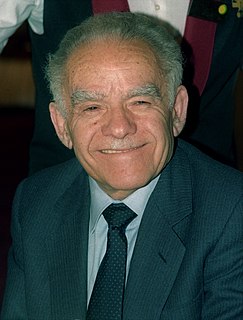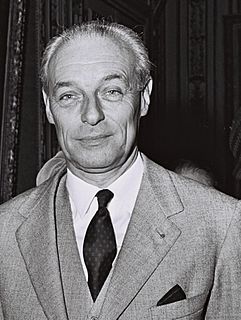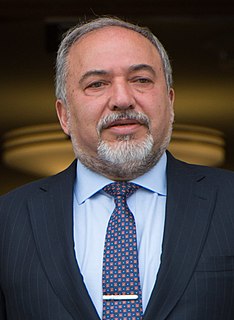A Quote by Jeffrey Rosen
[Louis Brandeis] at the age of 57 decided to become the head of the American Zionist movement was more influential than anyone else in the 20th century in persuading Woodrow Wilson to recognize a Jewish homeland in Palestine.
Related Quotes
Louis Brandeis started off by embracing the Theodore Roosevelt notion that hyphenated Americanism was unpatriotic. You couldn't have dual loyalties. But then he thinks and he reads and he becomes the head of the American Zionist movement after having previously been a secular Jew in this amazing intellectual evolution.
That strain of anti-monopoly crusading egalitarianism really runs throughout American history from [Tomas] Jefferson to Woodrow Wilson, that finds its apotheosis in [Louis] Brandeis, continues through the New Deal, but then it sort of peters out in the '60s because progressives in particular become more interested in extending equality to minorities, and women, and other excluded groups, and little more suspicious of these old white guys, often from the south, who were crusaders against monopolies.
Unlike [Woodrow] Wilson, Louis Brandeis did not support the segregation of the federal government. He was personally courteous to African Americans. He advised them and advised the head of Howard University to create a good law school. And that inspired Charles Hamilton Houston and Thurgood Marshall in their path-breaking work on behalf of desegregation.
On the whole, my family had always adopted a reserved attitude toward Zionism; my great-uncle Edmond had acted on his own in generously supporting Jewish Palestine, for reasons more humanitarian and religious than political. But the devastation caused by the war and the extermination of six million Jews radically changed all of our former attitudes. The idea of a Jewish homeland acquired an intense emotional appeal; I myself became an ardent Zionist.
Louis Brandeis really inspired me to write this book [Louis D. Brandeis: American Prophet]. It was a crazy deadline. The editor said I'd miss the hundredth anniversary unless I pumped the thing out in six months, because I'd been delaying and dilly dallying for so long. So he both inspired me to get up early and write.
I am interested to learn that a group of distinguished men and women is to be formed to spread knowledge and appreciation of the rehabilitation which is going forward in Palestine under Jewish auspices, and to add my expression to the sentiment among our people in favor of the realization of the age-old aspirations of the Jewish people for the restoration of their national homeland.





























